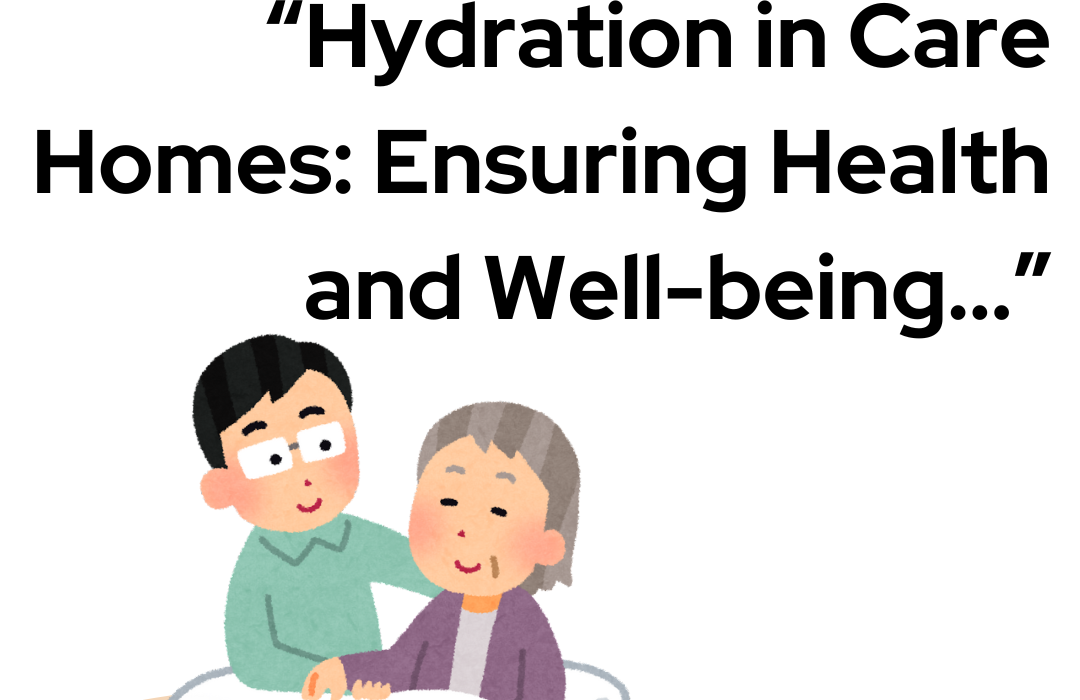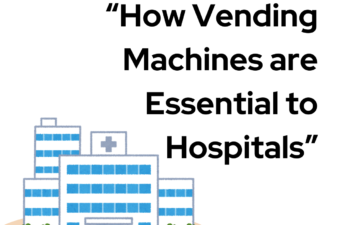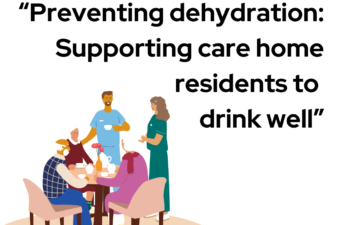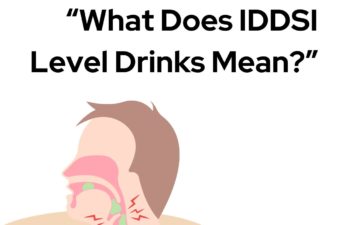
Hydration is a fundamental aspect of health, particularly for elderly individuals residing in care homes. Proper hydration supports numerous bodily functions, and its importance cannot be overstated. In this blog post, we will delve into the significance of hydration in care homes, discuss the challenges faced in maintaining adequate fluid intake among residents, and explore effective strategies and beverages that can help ensure residents remain well-hydrated and healthy.
The Importance of Hydration
Physiological Benefits
Water is essential for nearly every bodily function, including digestion, temperature regulation, and the transportation of nutrients and waste. Adequate hydration helps maintain blood volume, which is crucial for cardiovascular health, and supports kidney function by aiding in the elimination of toxins.
For elderly individuals, staying hydrated is particularly important as their bodies are less efficient at conserving water, and their sense of thirst may be diminished. Dehydration in the elderly can lead to severe health issues, including urinary tract infections, kidney stones, and even cognitive impairments such as confusion and delirium.
Cognitive and Emotional Well-being
Proper hydration also plays a critical role in cognitive function and emotional well-being. Dehydration can cause symptoms such as headaches, fatigue, and difficulty concentrating, which can significantly impact the quality of life for care home residents. Ensuring residents are well-hydrated can help maintain mental sharpness, improve mood, and enhance overall cognitive performance.
Challenges in Maintaining Hydration
Diminished Thirst Sensation
As people age, their sense of thirst diminishes, making it less likely that they will drink fluids voluntarily. This can lead to chronic dehydration if not carefully monitored and managed.
Physical Limitations
Physical limitations, such as mobility issues or difficulty swallowing (dysphagia), can also impede adequate fluid intake. Residents with these challenges may require assistance to drink or may need fluids presented in a manner that is easier for them to consume.
Medication Side Effects
Many elderly individuals take medications that can have diuretic effects, increasing the need for fluid intake. Additionally, some medications can cause dry mouth, further complicating the ability to stay hydrated.
Effective Hydration Strategies
Regular Fluid Offerings
One of the most effective strategies for maintaining hydration in care homes is to offer fluids regularly throughout the day. Scheduled drink rounds can ensure that residents have frequent opportunities to hydrate. Staff should be trained to encourage fluid intake and be attentive to residents’ preferences and needs.
Variety of Beverages
Providing a variety of beverages can cater to different tastes and encourage fluid consumption. While water is essential, other drinks such as herbal teas, fruit juices, smoothies, and flavoured water can make hydration more appealing. Beverages like coffee and tea, in moderation, can also contribute to daily fluid intake.
Nutrient-Rich Drinks
Incorporating nutrient-rich drinks, such as fortified milk, can provide additional health benefits. These beverages can offer hydration while also supplying essential vitamins and minerals, contributing to overall nutrition.
The Role of Staff Training
Recognising Dehydration
Staff training is crucial in identifying and addressing dehydration. Care home staff should be trained to recognise the signs of dehydration, which include dry mouth, sunken eyes, dark urine, and lethargy. Early recognition and intervention can prevent more severe complications.
Encouraging Fluid Intake
Effective communication and encouragement are key. Staff should be trained in techniques to motivate residents to drink, such as offering drinks in a friendly manner, providing favourite beverages, and creating a pleasant drinking environment.
Innovative Hydration Solutions
Hydration Stations
Setting up hydration stations around the care home can make it easier for residents to access drinks. These stations can be stocked with a variety of beverages and cups, allowing residents to help themselves.
Technology-Assisted Hydration
Innovative solutions, such as hydration monitoring systems, can help track residents’ fluid intake. These systems can alert staff when a resident has not consumed enough fluids, allowing for timely intervention.
Encouraging a Hydration Culture
Resident Involvement
Involving residents in hydration-related activities can increase their interest and participation. Activities such as fruit-infused water preparation or smoothie-making sessions can make hydration fun and engaging.
Social Hydration Events
Organising social events centred around beverages, such as afternoon tea parties or juice tastings, can promote hydration while also providing social interaction and enjoyment.
Ensuring proper hydration in care homes is a multifaceted challenge that requires careful planning, regular monitoring, and the involvement of both staff and residents. By offering a variety of appealing beverages, implementing regular hydration routines, and utilising innovative solutions, care homes can help residents maintain optimal hydration levels. Proper hydration supports physical health, cognitive function, and emotional well-being, making it a cornerstone of quality care in residential settings. Through thoughtful strategies and a commitment to resident health, care homes can significantly enhance the well-being and quality of life for their residents.




